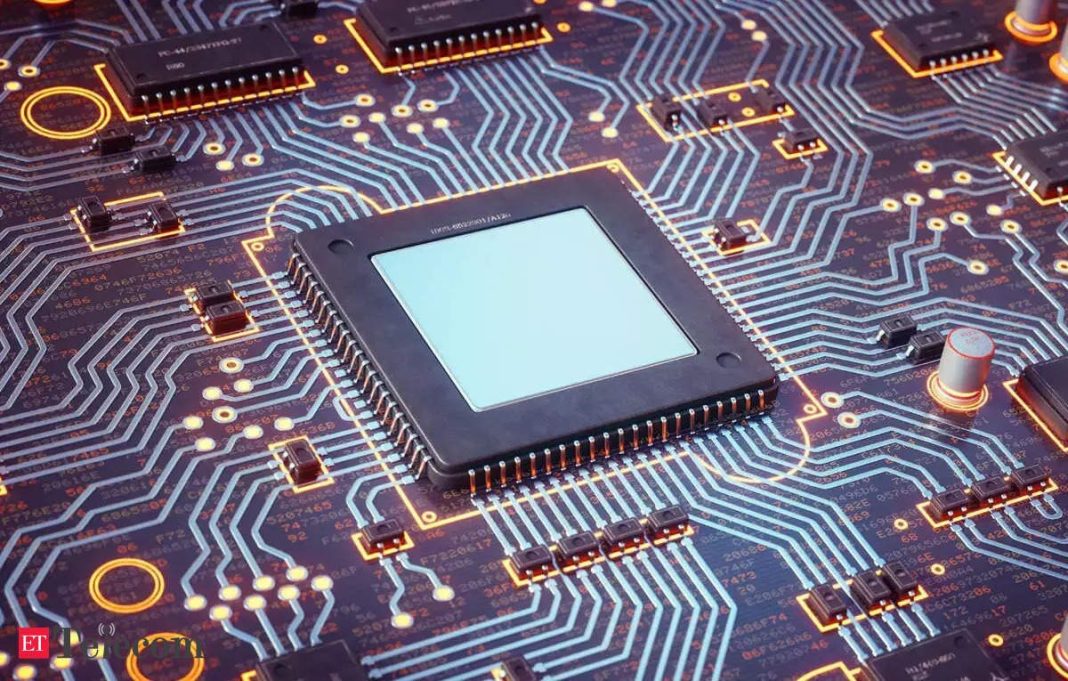There might be a lot to like about the human arsenal, but in all honesty, nothing really beats our knowhow of improving on a consistent basis. This knowhow, in particular, has brought the world some huge milestones, with technology emerging as quite a major member of the stated group. The reason why we hold technology in such an esteemed regard is, by and large, predicated upon its skill-set, which ushered us towards a reality that nobody could have ever imagined otherwise. Nevertheless, if we look beyond the surface for one hot second, it will become abundantly clear how the whole runner was also very much inspired from the way we applied those skills across a real world environment. The latter component, in fact, did plenty and then some to give the creation a spectrum-wide presence, and as a result, initiated a full-blown tech revolution. Of course, the next thing this revolution did was to scale up the human experience across many different directions, but even after achieving a feat so notable, technology will some continue to bring forth the right goods. The same has turned more and more evident in recent times, and assuming one new development ends up with the desired impact, it will only put that trend on a higher pedestal moving forward.
Efficient Computers has officially introduced a new computer processor which is understood to be 100x more energy efficient than all leading general-purpose CPUs on the market today. To achieve that, the stated processor comes decked up with a transformative computer architecture and software stack capable of empowering applications to shed their restrictive energy limitations. This, in turn, is expected to conceive a quantum leap around device capabilities and battery lifetime, thus birthing far-reaching innovations when it comes to devices and applications across the Internet of Things, wearable and implantable health devices, space systems, and security and defense. Before we get into the specifics of Efficient Computers’ brainchild, we must try and understand how existing general-purpose processors are over-designed for generality, spending an overwhelming majority of their energy (>99%) on inessential internal data movement and instruction control overheads. On top of that, any effort to try and scale the performance ends up asking you to conduct complex and power-hungry optimizations, something which increases energy consumption even further. All this, like you can guess, does a lot to rapidly kill the battery and limit a device’s capability. But how Efficient Computers’ processor will solve such a conundrum? Well, bringing a unique approach to general-purpose computation, it will basically eliminate extreme energy overheads of existing general-purpose computer architectures. Replacing them with dramatically more energy-efficient chips, the processor is going to make those use cases accessible that were rendered impossible by the limited energy availability. An example of the same would be how a remote-sensing satellite can leverage the given technology to provide high-fidelity data insights using limited energy of a nanosatellite’s small battery. Moving on, the new processor is also, markedly enough, made to be developer friendly and future-proof. By that, we are referring to its ability to support both mainstream and high-level programming languages, as well as its versatility across application domains, and a seamless developer experience. Such a setup means developers no longer have to be concerned in regards to learning cumbersome new languages and tools long associated with specialized hardware. Instead, they can dedicate their entire attention towards innovation. Another detail worth a mention here is rooted in the device’s core approach to computing.. You see, it avoids expensive off-device communication to the cloud, allowing for more efficient on-device computing solutions. It also goes the distance to enable more computing capabilities at the edge. Anyway, more on that would involve low energy consumption technology in edge devices further removing the need for costly and often unavailable communication to the cloud, and therefore, pushing efficiency and data privacy a big step ahead.
“Energy consumption impacts nearly everything in modern computing, from where devices are located to the capabilities they offer and the scale of their deployment,” said Brandon Lucia, co-founder and CEO of Efficient Computer. “We are removing the energy barrier from computing at the edge, while giving developers the freedom and flexibility to quickly build devices and applications at scale. Efficient hardware and software will significantly reduce energy consumption for computing, creating entirely new categories of use cases.”
We touched on Efficient processor’s pledge to save energy, but we haven’t discussed that it does the same across many domains, including machine learning-enabled extreme-edge machine vision, continuous audio intelligence, and versatile sensory, and signals intelligence. There is also a prospect on display for developers to bring their own code, with support for mainstream embedded languages. This can result in rich intelligence applications that integrate AI/ML, signal processing, data analytics, and other general-purpose data processing computations.
Efficient’s new processor comes on the back a seed funding round worth $16 million for the company, a round which was led by Eclipse.
“The technology community’s long-held secret of highly inefficient general-purpose processors has slowed innovation and limited applications, particularly at the edge,” said Greg Reichow, partner at Eclipse. “More than just closing this gap, the Efficient team is introducing an entirely new category of processor that is enabling organizations to reconsider what is possible. With its unmatched energy efficiency, the software-agnostic processor is capable of powering a variety of smart devices with additional capabilities designed to improve the user experience, data consumption, and overall serves as a catalyst for innovation moving forward.”












